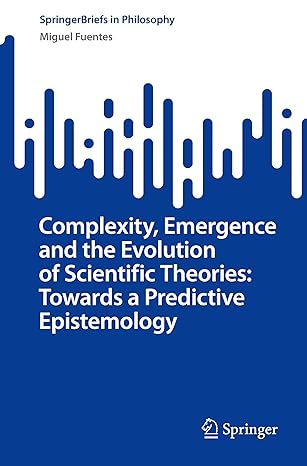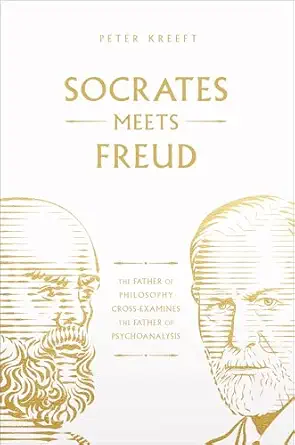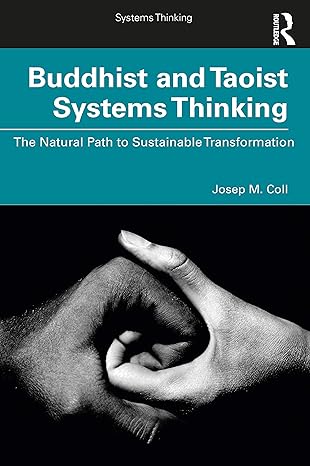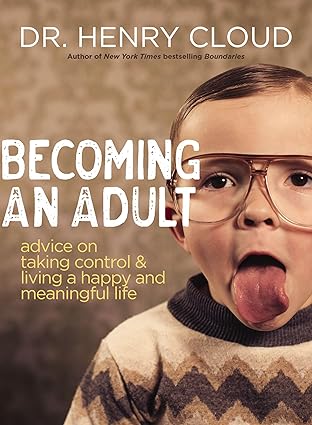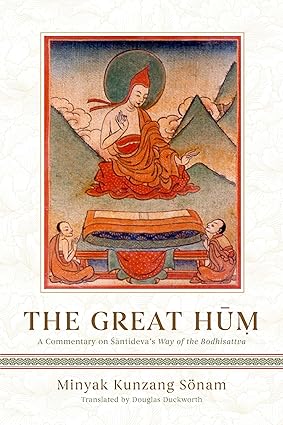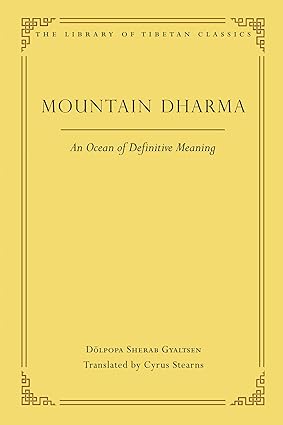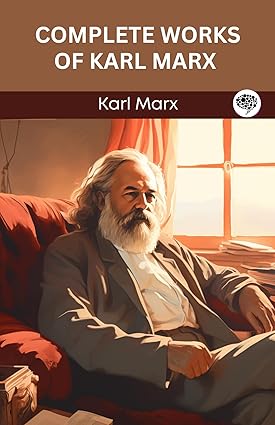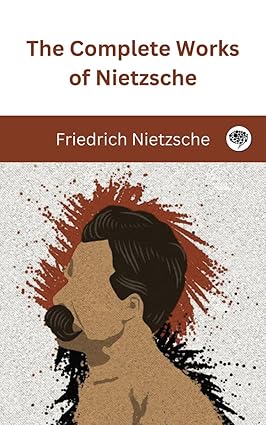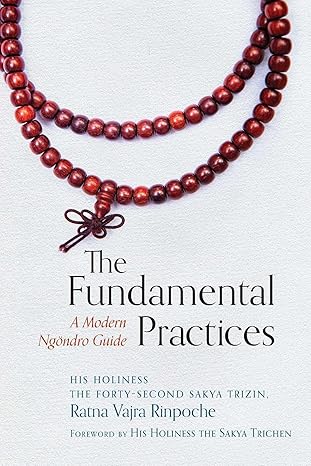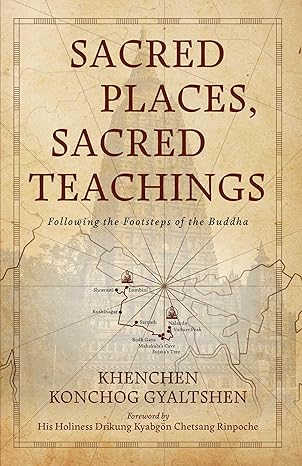In The Other Side of ig84 Newbigin drew on Charles Norris Cochrane's work Christanity and Classical Culture for his interpretation of Augustine's philosophy of cultural renewal, and in Truth to Tell he confesses how much this work has influenced him.8 It is interesting to ask why Newbigin takes the trajectory he does from Cochrane's work. For Cochrane pointed out that Augustine could locate the error of classical culture in the moral realm of self-will even more significantly than in the intellectual realm of epistemological method.9 Of course, Cochrane here just shores up the familiar judgement about how Augustine maintained the centrality of the human will and of human pride in human thinking as well as doing. Prior to the Enlightenment one finds plenty of variants on this approach; in the sixteenth and seventeenth centuries they include those of Luther, Calvin and Pascal. Following the Enlightenment, Kierkegaard offers a strong but not a perverse version of the Augustinian line in a statement eminently quotable for present purposes:
چکیده فارسی
در طرف دیگر ig84 نیوبیگین از اثر چارلز نوریس کاکرین به نام مسیحیت و فرهنگ کلاسیک برای تفسیر او از فلسفه نوسازی فرهنگی آگوستین استفاده کرد و در حقیقت به گفتن اعتراف کرد که این اثر چقدر بر او تأثیر گذاشته است.8 جالب است که بپرسید چرا نیوبیگین مسیری را که انجام می دهد از کار کوکرین می گیرد. زیرا کاکرین خاطرنشان کرد که آگوستین میتواند خطای فرهنگ کلاسیک را در قلمرو اخلاقی ارادهی خود بهطور قابلتوجهتری نسبت به قلمرو فکری روش معرفتشناختی بیابد. (۹) البته، کوکران در اینجا فقط قضاوت آشنا را در مورد اینکه آگوستین چگونه این را حفظ کرد، تقویت میکند. محوریت اراده انسان و غرور انسان در تفکر و عمل انسان. قبل از عصر روشنگری، می توان انواع زیادی از این رویکرد را یافت. در قرن های شانزدهم و هفدهم، آنها شامل لوتر، کالوین و پاسکال می شوند. پس از روشنگری، کی یرکگور نسخه ای قوی اما نه انحرافی از خط آگوستینی را در بیانیه ای ارائه می دهد که برای اهداف فعلی قابل نقل است:
ادامه ...
بستن ...

